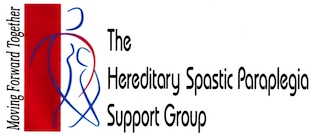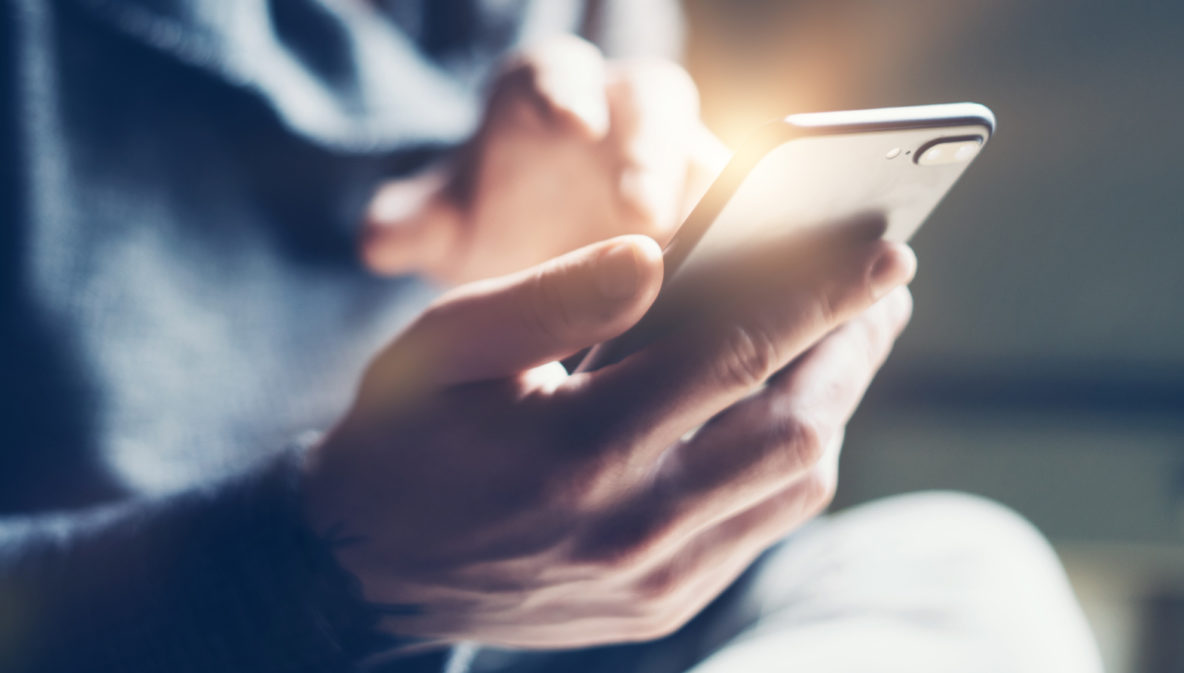There has been a worrying rise in the amount of scams doing the rounds – especially in relation to the coronavirus vaccine. Not only are there many about, but they also look very genuine. This post by Mike Cain explores how to recognise the real thing.
The vaccination is free via the NHS. Most appointments will be made via your GP, or online via the NHS booking service (once you have been invited to book your vaccination). You can find out more via the NHS website.
Emails
First of all double check the email address it was sent from. Government emails will be sent from gov.uk and all be in lower case.
Never click on any links if you think an email looks suspicious.
You will never be asked to enter payment details. Neither should you enter any information you wouldn’t be happy telling a complete stranger on the street!
The Cyber Security service (Part of GCHQ) recommends that if you have any suspicions about an email, you should forward the sending address to report@phishing.gov.uk but do not reply to it.
Texts
Suspicious text messages should be forwarded to 7726. This free-of-charge short code enables your provider to investigate the origin of the text and take action, if found to be malicious.
Once again, do not click on links, or give any payment or sensitive information.
Do your research
If you are unsure if a call, text, email or letter is genuine, then turn supersleuth!
- You can use Google Streetview to double check street addresses.
- Go back to something you can trust. Visit the official website, log in to your account, or phone their advertised phone number. Don’t use the links or contact details in the message you have been sent or given over the phone.
- Check to see if the official source has already told you what they will never ask you. For example, your bank may have told you that they will never ask for your password.
Remember to stay alert!

